William and Carol Stevenson Conference
The future of American financial and economic statecraft
9:30AM - 2:30PM (EST)
Event Details
The Miller Center’s 2025 William and Carol Stevenson Conference examines how the Trump administration—and future presidencies—might use the levers of economic power.
The post–Cold War bipartisan consensus on the U.S. role in the world economy has broken down. Policymakers from both parties increasingly eschew the goals of global integration and trade liberalization in favor of greater protectionism. At the same time, economic and financial tools—from sanctions and export controls to tariffs and industrial policy—have become ever more central to policymakers’ efforts to advance U.S. security and competitiveness in a sharply contested international environment. This combination presents major risks and opportunities for the United States, as well as difficult policy tradeoffs. How the new administration navigates these trade-offs will have long-term implications for U.S. national security, the global economy, and the American people.
The William and Carol Stevenson Conference is a biennial conference that focuses on issues of national and international importance. The Miller Center is deeply grateful to the Stevenson family for its support of our work.
Keynote conversation
Why has the bipartisan consensus on the U.S. role in the world economy broken down? What are the main questions of economic and financial statecraft that the United States faces today? What strategies should U.S. policymakers adopt to maintain and advance U.S. economic and financial leadership? What are the key risks—and how can or should these be avoided or managed?
Ambassador Michael Froman, William Antholis (moderator)
Panel 1: Challenges to U.S. economic and financial statecraft in historical perspective
This roundtable explores the history of U.S. economic and financial statecraft and evaluates the key challenges that U.S. policymakers face today. The goal is to understand why these challenges are emerging, how they will affect American strategic interests over the next 5 to 10 years, and what signposts to watch for. The multifaceted discussion focuses on (1) evaluating U.S. strategic economic and financial assets; (2) preserving U.S. competitiveness vis-à-vis major rivals, especially China; (3) integrating economic and financial tools with traditional national security policymaking; and (4) managing emerging risks, including threats to the U.S. dollar’s role as the global reserve currency, decoupling, reduced global growth and innovation, and friction with U.S. allies and partners.
George (Yiorgos) Allayannis, Emily Blanchard, Everett Eissenstat, Henry Farrell, Peter Harrell, Kristin Silverberg, Philip Zelikow, Scott Miller (moderator)
Panel 2: Policy priorities for the new administration
This panel builds on the earlier discussion to surface recommendations for the new Trump administration. The panel takes a strategic perspective, evaluating policy risks, opportunities, and trade-offs for American policymakers and developing specific proposals to advance U.S. competitiveness and security over the long term. Key topics may include (1) trade and tariff policies; (2) regulation of cryptocurrencies and stablecoins; (3) allies and partners, including efforts to create trusted technology ecosystems; (4) steps to address the use or overuse of sanctions; (5) an evaluation of the effect of rising deficit and debt levels on the U.S. dollar and U.S. treasury yields; and (6) promotion or reform of institutions like the DFC and ExIm.
George (Yiorgos) Allayannis, Emily Blanchard, Everett Eissenstat, Henry Farrell, Peter Harrell, Kristin Silverberg, Philip Zelikow, Alexander Bick (moderator)
When
9:30AM - 2:30PM (EST)
Where
2201 Old Ivy Rd
Charlottesville, VA
&
ONLINE
Speakers
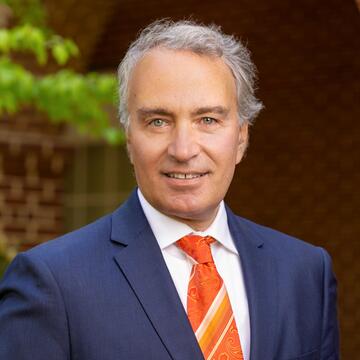
George (Yiorgos) Allayannis
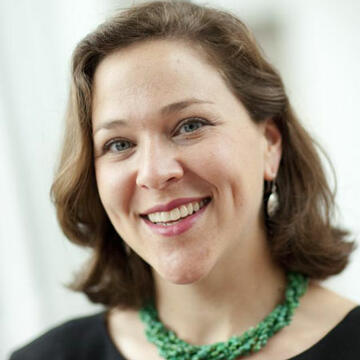
Emily Blanchard
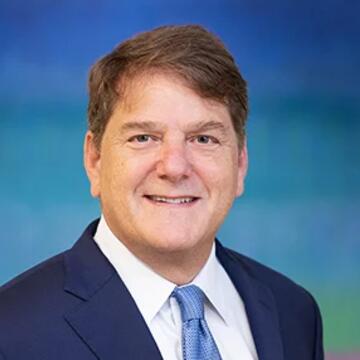
Everett Eissenstat
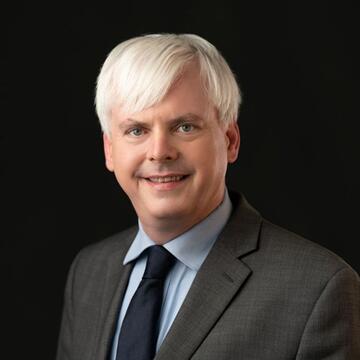
Henry Farrell
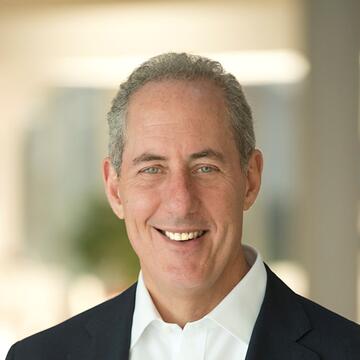
Michael Froman
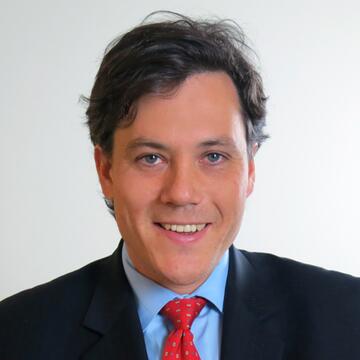
Peter Harrell
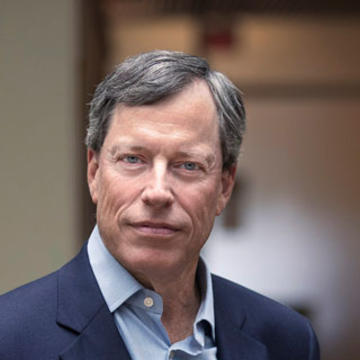
Philip Zelikow
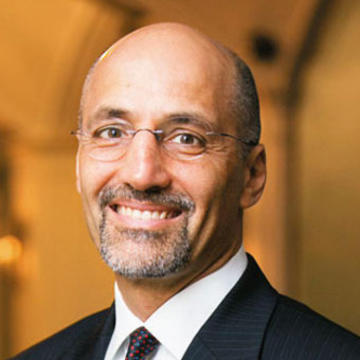
William Antholis (moderator)
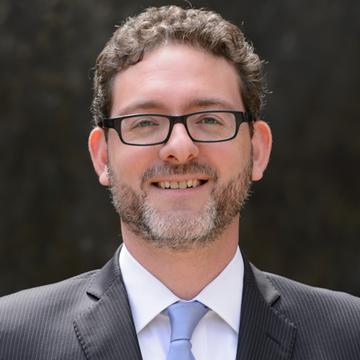
Alexander Bick (moderator)
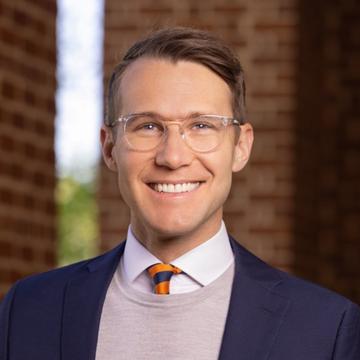
Scott Miller (moderator)